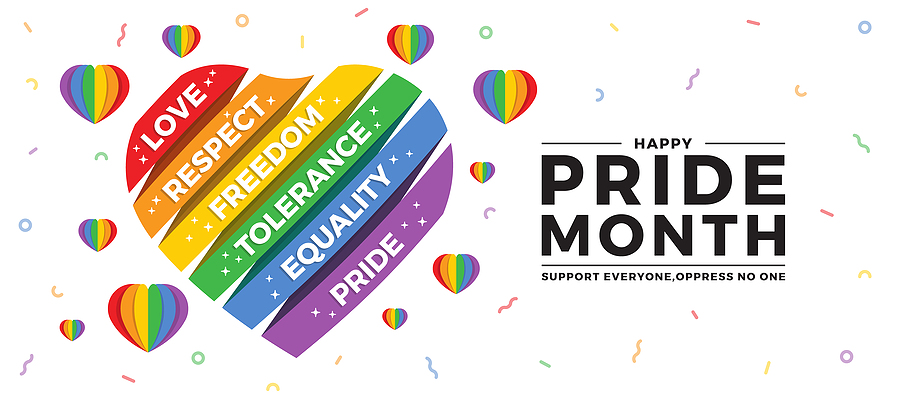Are you ready to celebrate National Tequila Day? This annual event is perfect for cocktail enthusiasts, foodies, party planners, bar patrons, and tequila lovers alike. On July 24th, tequila aficionados across the globe honor this legendary spirit.
Whether you prefer a classic margarita or enjoy sipping tequila straight, this day is all about indulging in one of Mexico’s most cherished exports. In this blog post, we’ll explore everything you need to know about National Tequila Day, from its historical roots to cocktail recipes and more.

July 24th is National Tequila Day!
National Tequila Day is more than just an excuse to drink. It’s a celebration of tradition, culture, and the vibrant history of tequila. This day offers tequila lovers a chance to appreciate the craftsmanship that goes into making this iconic spirit. For bartenders and mixologists, it provides the perfect opportunity to showcase their skills and introduce patrons to new tequila-based concoctions.
The History and Origin of Tequila – From Agave to Bottle
Tequila’s story begins with the blue agave plant, native to the region surrounding Tequila, a town in the state of Jalisco, Mexico. Indigenous people have been fermenting agave plants for centuries, but it wasn’t until the arrival of the Spanish in the 16th century that distillation techniques evolved, leading to the tequila we know and love today. By the early 1600s, the first large-scale factory for tequila production was established, laying the groundwork for its global popularity.
A Deep Dive into Different Types of Tequila
When it comes to tequila, variety is the spice of life. There are four primary types of tequila, each offering a unique flavor profile and experience:
Blanco Tequila
Blanco, or silver tequila, is the purest form of tequila. It is either bottled instantly after distillation or it is aged for almost two months in stainless steel or neutral oak barrels. This type captures the true essence of the agave flavor, making it ideal for cocktails.
Reposado Tequila
Reposado, meaning “rested,” is aged between two months and one year in oak barrels. The aging process imparts subtle flavors of vanilla, caramel, and oak, creating a balanced and smooth tequila perfect for sipping or mixing.
Añejo Tequila
Añejo tequilas are aged between one and three years in small oak barrels. This extended aging develops deeper, more complex flavors with hints of spice, chocolate, and tobacco. Añejo tequilas are typically enjoyed neat or on the rocks.
Extra Añejo Tequila
Extra Añejo, or ultra-aged tequila, spends at least three years in oak barrels. This aging process creates a rich and luxurious spirit with intricate layers of flavors. It’s best savored slowly to appreciate its depth and complexity.
A Little Side Note About Mezcal….
While not technically a type of tequila, mezcal is another agave-based spirit that deserves a mention. It is made in a similar way to tequila but can be produced from various types of agave plants, resulting in a distinctive and smoky flavor.
Popular Tequila Cocktails
Tequila is incredibly versatile and forms the base of many beloved cocktails. Here are some popular tequila cocktails worth trying:
- Margaritas – No tequila celebration is complete without a classic margarita. This refreshing drink typically includes tequila, lime juice, and triple sec, served in a salt-rimmed glass. You can experiment with flavors like strawberry, mango, or even spicy jalapeño margaritas.
- Tequila Sunrises – A visually stunning cocktail, the tequila sunrise is made with tequila, orange juice, and grenadine. Its gradient colors resemble a sunrise, making it as delightful to look at as it is to drink.
- Ranch Waters – A simple yet refreshing cocktail, ranch water consists of tequila, lime juice, and sparkling water. It’s a light and invigorating option, perfect for hot summer days. Don’t forget the lime and Tajin rim!
- Palomas – The Paloma combines tequila, grapefruit soda, and lime juice, served over ice. It’s a zesty and tangy drink that’s both refreshing and easy to make.
Tips for Pairing Tequila with Food
Tequila isn’t just for drinking—it’s also fantastic for pairing with food. Here are some perfect combinations to enhance your dining experience:
▶ Blanco Tequila with Ceviche – The fresh, citrusy notes of blanco tequila complement the bright flavors of ceviche, a popular seafood dish marinated in lime juice.
▶ Reposado Tequila with Tacos Al Pastor – The smoky, caramel notes of reposado tequila pair wonderfully with the savory and slightly sweet flavors of tacos al pastor, made with marinated pork and pineapple.
▶ Añejo Tequila with Dark Chocolate – The rich and complex flavors of Añejo tequila create a harmonious pairing with the bold taste of dark chocolate, making for an indulgent dessert combination.
Tequila Tasting Guide – How to Appreciate Tequila Like a Pro
Tasting tequila is an art. Follow these steps to savor tequila like a pro:
- Choose Your Glassware – Use a tequila snifter or a tulip-shaped glass to concentrate the aromas and enhance the tasting experience.
- Observe the Color – Look at the color of the tequila. Blanco will be clear, while Reposado, Añejo, and extra Añejo will range from light amber to deep brown, influenced by their time spent aging in barrels.
- Smell the Aroma – Swirl the tequila gently in your glass and take a moment to inhale its aroma. Note the different scents, such as agave, citrus, vanilla, or spice.
- Taste the Tequila – Take a small sip and allow it to coat your mouth. Notice the flavors and how they evolve. Is it sweet, spicy, or smooth? Take your time to appreciate the complexity of the tequila.
- Finish and Aftertaste – Consider the finish and aftertaste. How long do the flavors linger? Is it warm, smooth, or slightly peppery?
Conclusion
National Tequila Day is a fantastic opportunity to celebrate and appreciate this versatile spirit. Whether you’re mixing up cocktails, exploring new flavor pairings, or simply enjoying a glass of tequila neat, there’s no wrong way to honor this day. Remember to celebrate responsibly and savor every moment. If you’re eager to elevate your tequila experience, why not sign up for a tequila tasting event or join a local tequila club? Cheers to a memorable National Tequila Day!
Ready to hit the town hard and celebrate National Tequila Day in Downtown Indy? Come hang out at English Ivy’s Eatery and Pub – No reservations required! Enjoy a wide menu selection of lunch and dinner options, plus drink specials every day of the week, all at neighborhood prices! Our Wednesday night drink specials in Downtown Indianapolis include $7 Patron and $4 Margaritas! Join us as we raise the salt-rimmed glass to another year of flavorful escapades.
Related Posts:
Does a Margarita Taste Better With Silver or Gold Tequila?
National Margarita Day Celebration: A Toast to the Iconic Cocktail
3 Tasty Ways to Order a Patrón Tequila Cocktail









